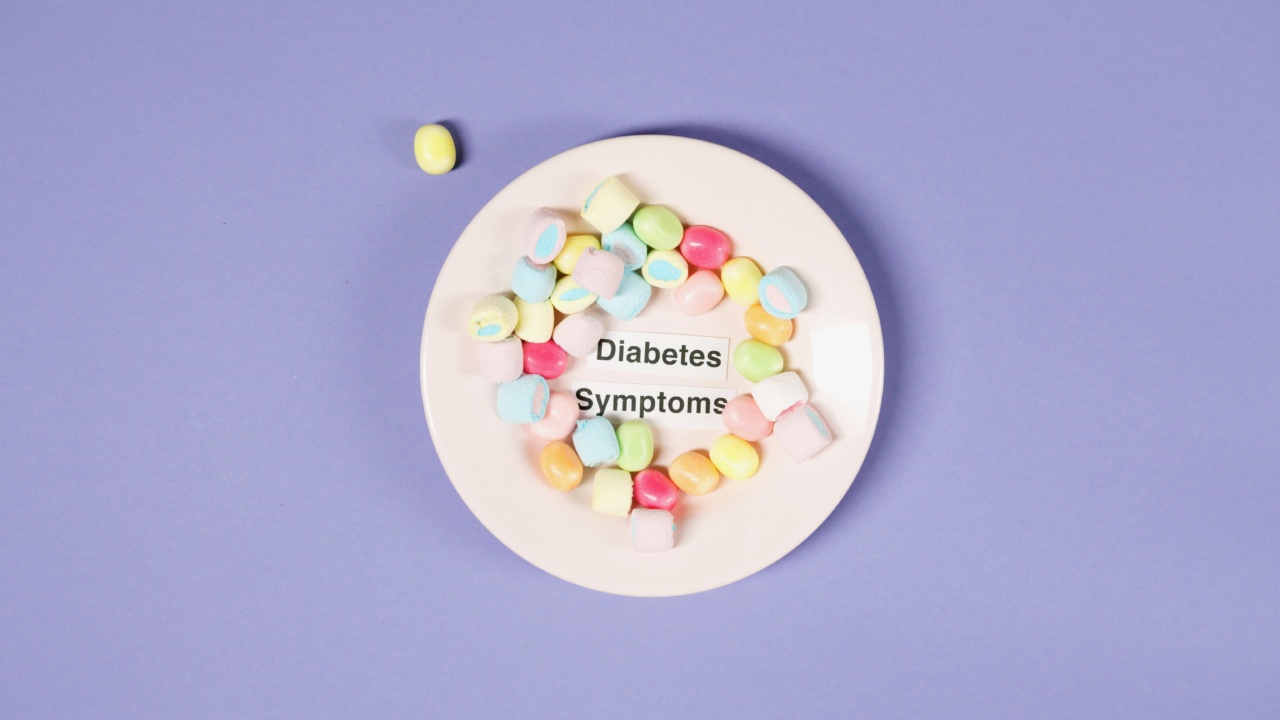Attention Deficit Hyperactivity Disorder, more commonly known as ADHD, is a neurological disorder that affects millions of people worldwide.
ADHD is a condition that affects the ability of an individual to focus, control their impulses, and manage their behavior. While medication can help control the symptoms of ADHD, it may not be the only solution. Changing your diet can also play a crucial role in lessening ADHD symptoms.
What is ADHD?
ADHD is a neurodevelopmental disorder that affects children and adults alike. The disorder impacts the prefrontal cortex, which is responsible for decision-making, impulse control, and focus.
As a result, individuals with ADHD may experience difficulty organizing tasks, completing work, and focusing for a prolonged period.
Symptoms of ADHD
The symptoms of ADHD vary from individual to individual, but they generally include:.
- Inattention
- Hyperactivity
- Impulsivity
- Forgetfulness
- Lack of focus
- Difficulty completing tasks
- Disorganization
- Restlessness
Foods that Worsen ADHD Symptoms
There is no definitive list of foods that worsen ADHD symptoms, as the triggers of ADHD can vary from person to person. Still, there are some foods that are known to exacerbate ADHD symptoms. These include:.
- Sugar and artificial sweeteners
- Caffeine
- Processed foods
- Foods high in sodium
- Foods with artificial coloring and preservatives
Foods that Can Improve ADHD Symptoms
In contrast, some foods are known to improve ADHD symptoms. These include:.
- Protein
- Whole grains
- Fruits and vegetables
- Healthy Fats
- Omega-3 fatty acids
How Changing Your Diet Can Lessen ADHD Symptoms
While there is no cure for ADHD, altering your diet can undoubtedly help reduce the severity of symptoms. For instance, consuming smaller, more frequent, and healthy meals can help control blood sugar levels.
Stable blood sugar levels can improve focus and help reduce impulsivity and hyperactivity. Additionally, consuming foods high in protein can help improve focus, memory, and mood, which are crucial aspects of ADHD management.
Moreover, Omega-3 fatty acids found in fatty fish like salmon, sardines, and anchovies have been shown to reduce ADHD symptoms as these are critical building blocks for the brain.
Supplements with Omega -3s can also be taken to help reduce ADHD symptoms.
Processed foods, candies, and drinks with high sugar and caffeine content should be avoided at all costs as they can exacerbate the symptoms of ADHD.
Conclusion
ADHD can be a challenging condition to manage. While medication can provide temporary relief, adjusting your diet may play a crucial role in lessening ADHD symptoms.
Incorporating healthy, whole foods, reducing sugar, caffeine, and processed foods, and consuming fatty fish and Omega-3 supplements are a few dietary changes you can make to improve symptoms and overall well-being. Consult with your physician regarding any nutritional changes you plan to make in the management of ADHD symptoms.






























